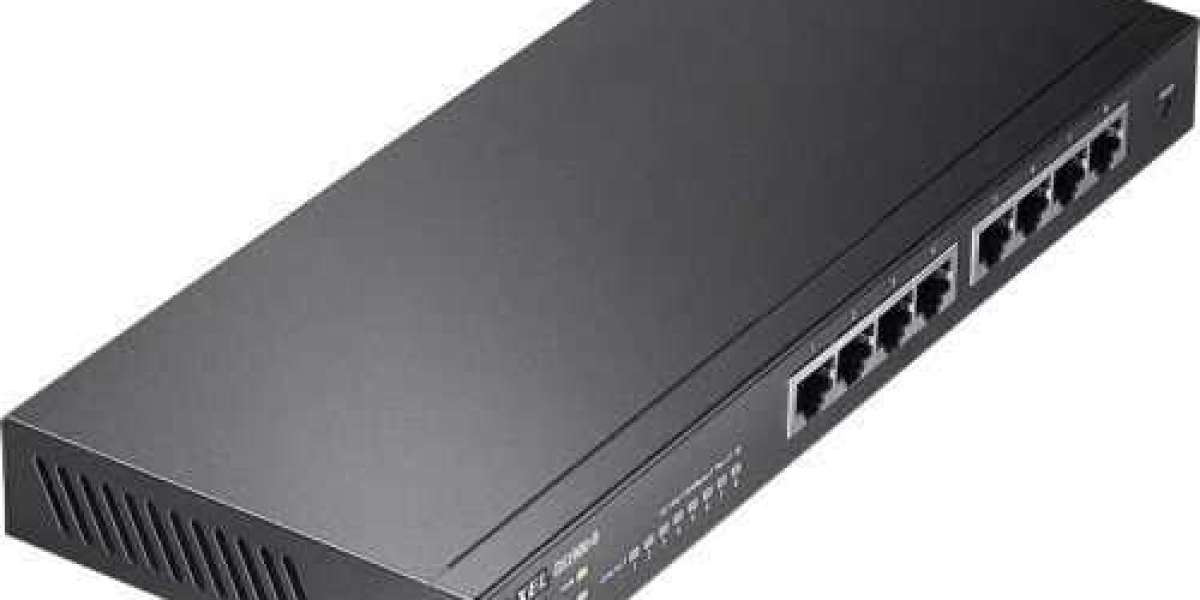Electronic Packaging Market Overview
Electronic packaging is the foundation upon which the modern electronics industry stands. It encompasses the protective enclosure and interconnection technologies necessary to ensure the functionality, reliability, and longevity of electronic devices. As the demand for smaller, faster, and more powerful electronic products continues to surge, the Electronic packaging market is witnessing rapid evolution, driven by technological advancements, industry trends, and consumer demands.
Market Dynamics:
- Miniaturization and Integration: The relentless pursuit of miniaturization and integration is a defining trend in the electronic packaging market. Manufacturers are constantly striving to shrink the size of electronic components and systems while increasing their functionality and performance. This trend is fueled by the demand for compact, lightweight devices across various sectors, including consumer electronics, automotive, aerospace, and healthcare.
- High-Performance Materials: The choice of materials plays a critical role in electronic packaging, influencing factors such as thermal management, electrical conductivity, and mechanical durability. Advanced materials such as ceramics, polymers, and composite alloys are gaining prominence, offering superior properties like high thermal conductivity, low coefficient of thermal expansion (CTE), and enhanced electromagnetic shielding. These materials enable the development of high-performance, reliable electronic packages capable of withstanding harsh operating conditions.
- Advanced Interconnect Technologies: Interconnect technologies, including wire bonding, flip-chip bonding, and surface mount technology (SMT), are pivotal in electronic packaging, facilitating the transfer of signals and power between integrated circuits and external components. Emerging interconnect solutions such as 3D packaging, through-silicon vias (TSVs), and system-in-package (SiP) enable higher levels of integration, improved electrical performance, and enhanced reliability, driving innovation in electronic packaging designs.
- Thermal Management Solutions: Heat dissipation is a significant challenge in electronic packaging, particularly in high-power and high-density applications. Effective thermal management solutions, such as heat sinks, thermal interface materials (TIMs), and liquid cooling systems, are essential for maintaining optimal operating temperatures and preventing thermal-induced failures. With the proliferation of power-hungry devices and compact form factors, the demand for innovative thermal management solutions is on the rise.
- Environmental Sustainability: Environmental concerns are increasingly influencing the electronic packaging landscape, prompting manufacturers to adopt sustainable practices and eco-friendly materials. Initiatives aimed at reducing the environmental footprint of electronic packaging include the use of recyclable materials, design for disassembly and recycling, and adherence to regulatory standards such as RoHS (Restriction of Hazardous Substances) and WEEE (Waste Electrical and Electronic Equipment) directives. Sustainable electronic packaging not only reduces environmental impact but also aligns with corporate social responsibility (CSR) goals and enhances brand reputation.
Market Segmentation:
- By Material Type: Electronic packaging materials can be categorized into metals, plastics, ceramics, and composites, each offering unique properties and applications.
- By Packaging Technology: Packaging technologies encompass a wide range of techniques, including chip-scale packaging (CSP), ball grid array (BGA), quad flat package (QFP), and dual in-line package (DIP), among others.
- By End-Use Industry: The electronic packaging market serves diverse industries such as consumer electronics, automotive, telecommunications, aerospace and defense, healthcare, and industrial automation.
Future Outlook:
The electronic packaging market is poised for sustained growth, driven by technological innovations, evolving industry requirements, and emerging application areas such as Internet of Things (IoT), artificial intelligence (AI), and 5G telecommunications. The proliferation of smart devices, wearable electronics, electric vehicles, and autonomous systems will continue to fuel demand for advanced electronic packaging solutions that offer compactness, reliability, and performance. Moreover, as the industry strives to address challenges related to thermal management, signal integrity, and environmental sustainability, there will be increased emphasis on the development of novel materials, packaging techniques, and design methodologies to meet the evolving needs of the electronics ecosystem.
Electronic Packaging Market Highlights:
- Electronic Packaging Market Size
- Electronic Packaging Market Trends
- Electronic Packaging Market Analysis
- Electronic Packaging Market Share








